|
The ebola epidemic in the Democratic Republic of Congo is spreading - so far there have been 458 cases, including 271 deaths. What’s particularly concerning is that cases have been identified in some urban areas. The big questions are: why is the epidemic spreading, and what can be done to stop it? Mosoka Fallah shares lessons from the massive outbreak in Liberia in 2014 and 2015 that was eventually brought under control.
Forests cover about 10% of Nigeria. Their size makes them hard to manage and a lack of government presence means that they’re being exploited by criminals. The forests are being used as a sanctuary by a range of groups ranging from terrorists to kidnappers, cattle rustlers and robbers. Azeez Olaniyan explains why this poses a security threat.
On the day when the question “what the hell is going on in the UK?” was being pounded into search engine boxes Prime Minister Theresa May seemed relatively composed. She started the day vowing to defeat her challengers, and ended it having done just that. But her victory does nothing whatsoever to solve her biggest problem, says Robin Pettitt, while Tom Quinn looks at what happens now.
|
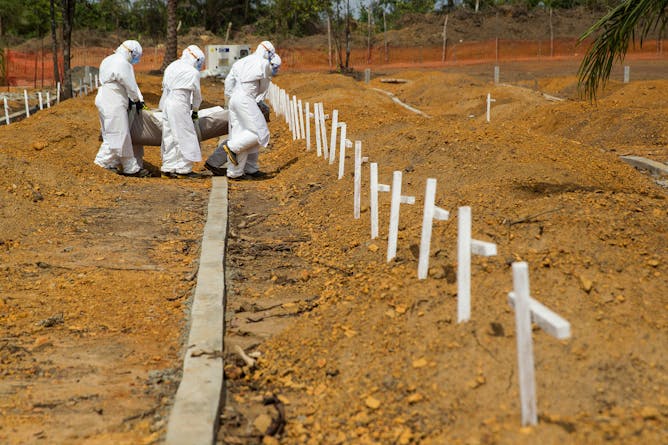
Since 2014 the Ebola outbreak in Liberia killed over 4,800 people.
UNMEER/Flickr
Mosoka Fallah, Harvard Medical School
It could be a matter of days before the ebola epidemic in the DRC spreads to urban centres or spills over into neighbouring countries.
|
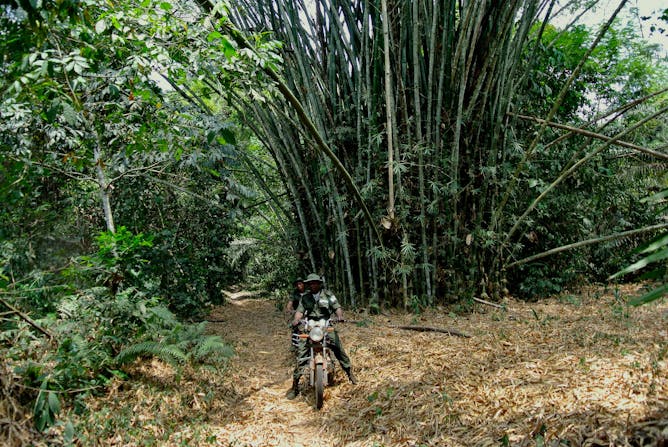
Across the world forests have been exploited as a source of cover from which to launch attacks.
Rettet den Regenwald/shutterstock
Azeez Olaniyan, Ekiti State University
Nigeria's forests are used by terrorists, kidnappers, cannabis cultivators, cattle rustlers and robbers.
|
Brexit
|
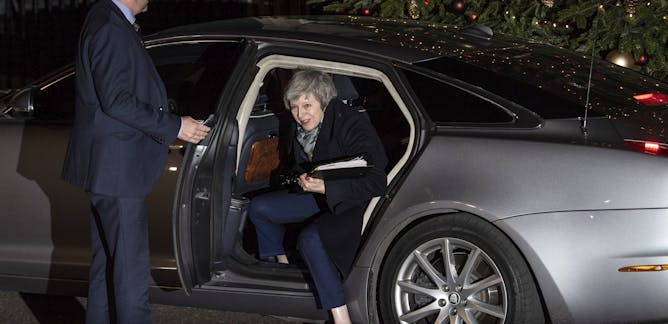
Robin Pettitt, Kingston University
This was the party admitting that no one else could do a better job of negotating Brexit.
| |
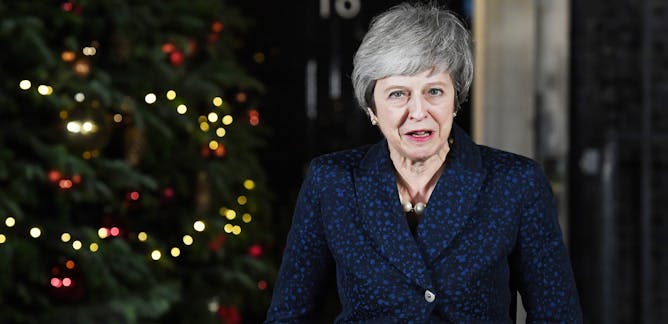
Tom Quinn, University of Essex
A cross party alliance? A fresh election? None of the options look particularly appealing right now.
|
|
|
Politics + Society
|
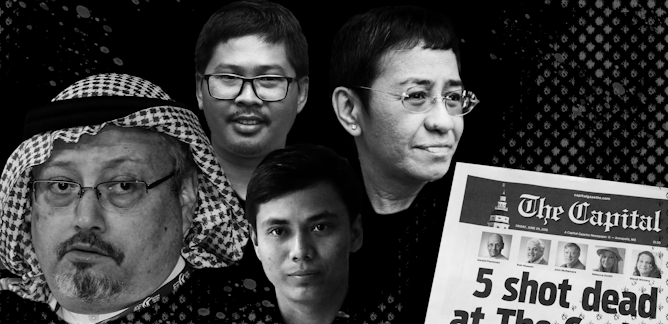
Peter Greste, The University of Queensland
The four people and a newspaper who are Time magazine's "Person of the Year" have been given the acknowledgment not just for what they have done, but for what they have come to represent.
| |
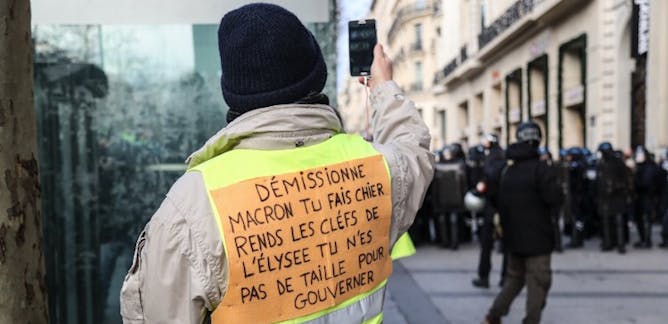
Jen Schradie, Sciences Po – USPC
There’s an orderly fashion to so-called disruptive "manifestations", as they’re called in French. But the "gilets jaunes" didn’t follow the rules. So who exactly broke the rules?
|
|
|
Environment + Energy
|
-
Zbigniew W. Kundzewicz, Potsdam Institute for Climate Impact Research; James Painter, University of Oxford
The UN climate talks are being held in a nation dominated by cheap coal.
|
|